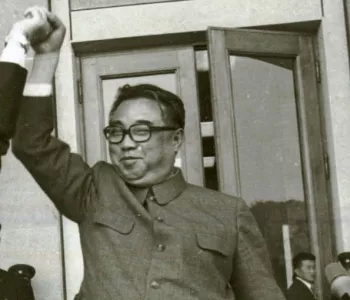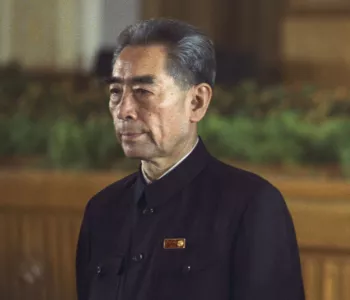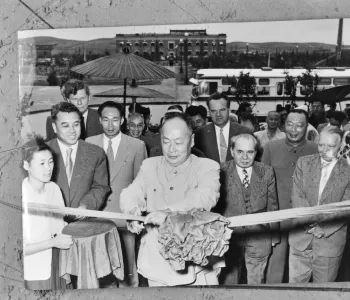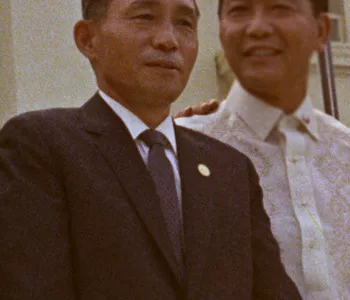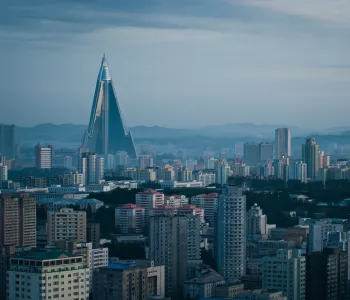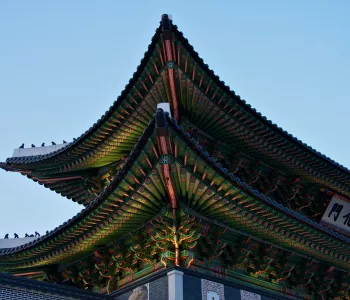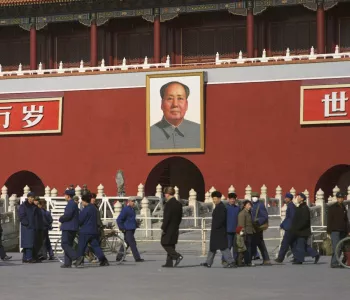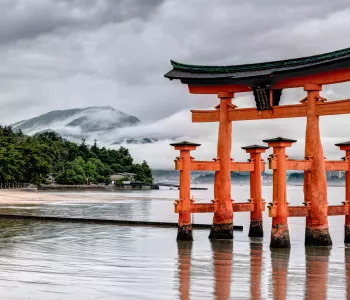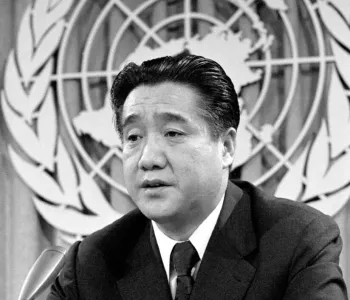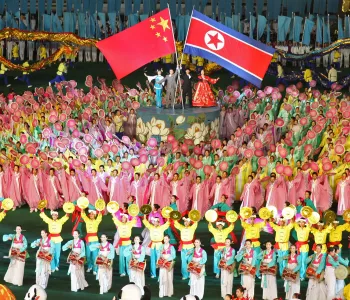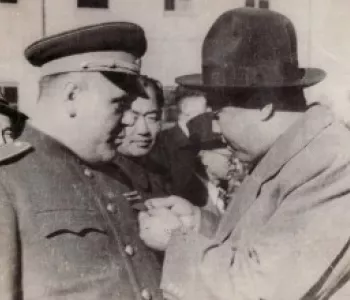d'Vinci

Pak, Song-chol (Pak Seong-cheol) 1913- 2008
Pak Seong-cheol was a former guerrilla fighter in Manchuria in the 1930s and was North Korean prime minister in the 1970s.

PAK SEONG-CHEOL (1912-2008). A former guerrilla fighter in Manchuria in the 1930s, Pak was briefly Democratic People’s Republic of Korea (DPRK) prime minister in the 1970s. He was born in North Hamgyeong Province but appears to have attended school in Manchuria, where he became active in the guerrilla movement in about 1936. Like others, his group was forced to go to the Soviet Union under Japanese military pressure. He re-turned to Korea with the Soviet forces after the defeat of the Japanese in 1945 and seems to have always been aligned with KimIl Seong. In August 1948, he was chief of staff of the Third Division of the Korean People’s Army and commanded the 15th Division during the Korean War. After the end of the war, he was briefly director general of the police bureau of the DPRK Ministry of National Security, but in 1954 was successively minister and then ambassador to Bulgaria. On his return, he took up posts in the Ministry of Foreign Affairs and in the Korean Workers’ Party (KWP) Central Committee’s Department of International Affairs. He was a delegate to the Supreme People’s Assembly from 1957, and he remained a delegate until his death.
Pak was appointed minister for foreign affairs in 1959, and was also a member of the Central Committee of the KWP’s Committee for the Peaceful Reunification of the Fatherland. He became an alternate member of the KWP Central Committee in June 1964 and a full member in October 1966, when he was also appointed a vice premier. In the early 1970s, he played an important role in the development of links between the DPRK and the Republic of Korea (ROK), acting as co-chair to the North–South Political Coordinating Committee. He visited the ROK in December 1972 in this role to hold talks with ROK President Park Chung Hee. In April 1976, he became premier, but only held the post for a short period before becoming a vice president in December 1977, a post he held until he became an honorary vice chair of the SPA in September 1998. Pak became a Hero of the Republic in 1992 and received the Order of Kim Il Sung in 1993.
All rights reserved. No portion of this publication may be reproduced, stored in a retrieval system, or transmitted in any form by any means, electronic, mechanical, photocopying, recording or otherwise without the prior written permission of the publisher. (Historical Dictionary of the Democratic People's Republic of Korea, by James E. Hoare, published by RLPG Books, appears by permission of the author and publisher).
Pak was appointed minister for foreign affairs in 1959, and was also a member of the Central Committee of the KWP’s Committee for the Peaceful Reunification of the Fatherland. He became an alternate member of the KWP Central Committee in June 1964 and a full member in October 1966, when he was also appointed a vice premier. In the early 1970s, he played an important role in the development of links between the DPRK and the Republic of Korea (ROK), acting as co-chair to the North–South Political Coordinating Committee. He visited the ROK in December 1972 in this role to hold talks with ROK President Park Chung Hee. In April 1976, he became premier, but only held the post for a short period before becoming a vice president in December 1977, a post he held until he became an honorary vice chair of the SPA in September 1998. Pak became a Hero of the Republic in 1992 and received the Order of Kim Il Sung in 1993.
All rights reserved. No portion of this publication may be reproduced, stored in a retrieval system, or transmitted in any form by any means, electronic, mechanical, photocopying, recording or otherwise without the prior written permission of the publisher. (Historical Dictionary of the Democratic People's Republic of Korea, by James E. Hoare, published by RLPG Books, appears by permission of the author and publisher).
